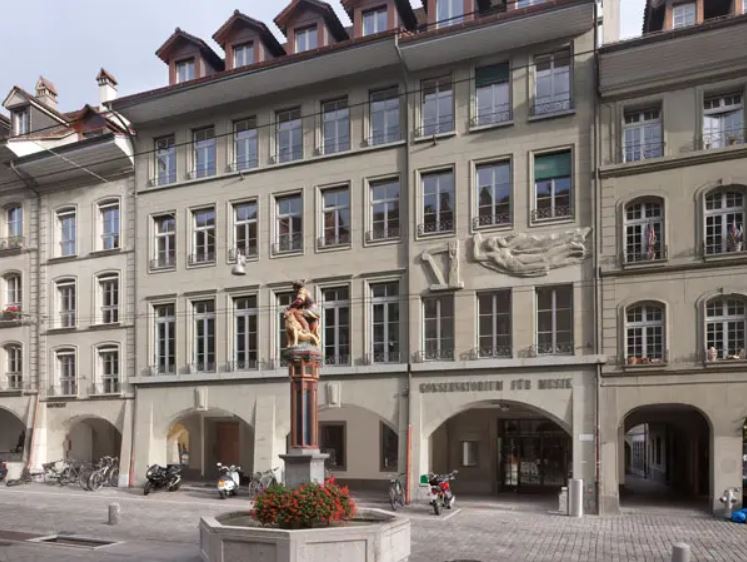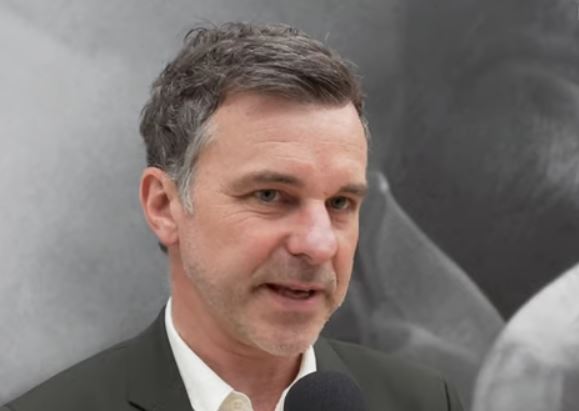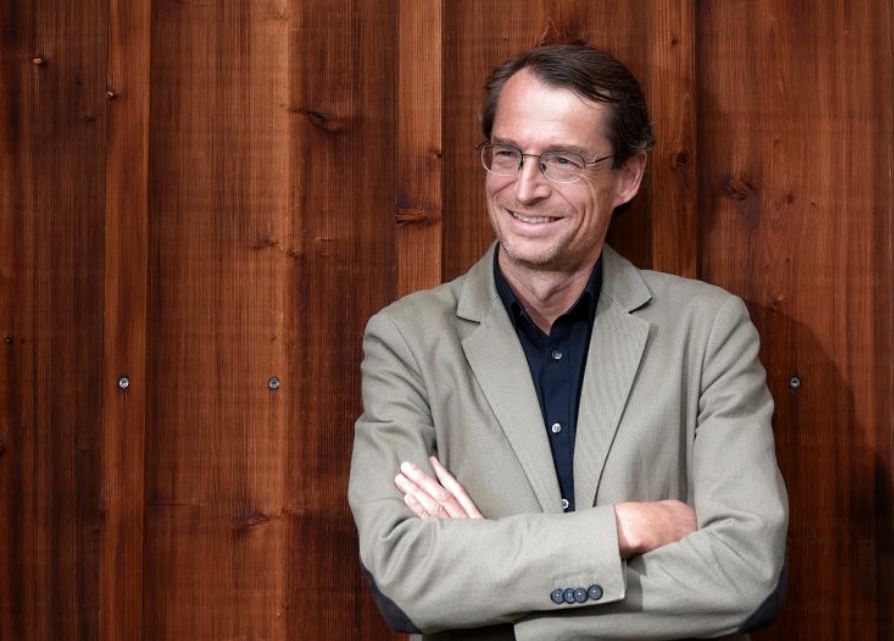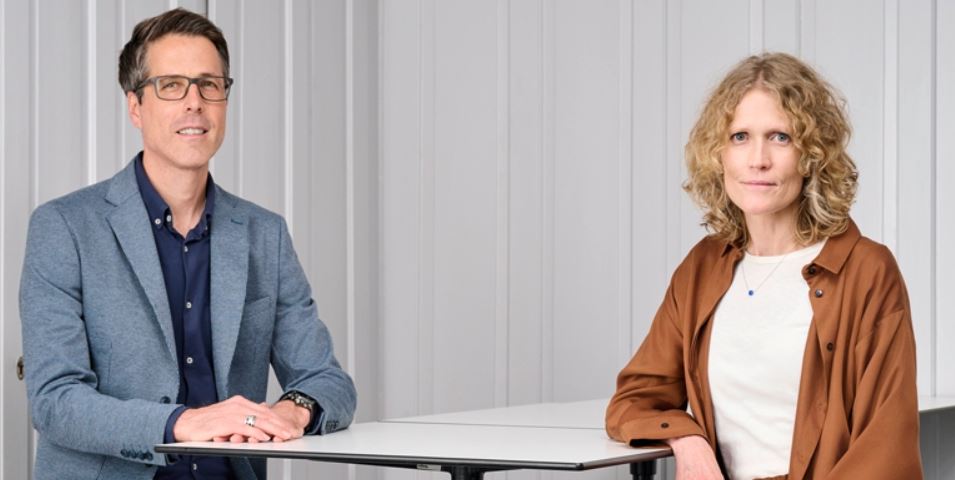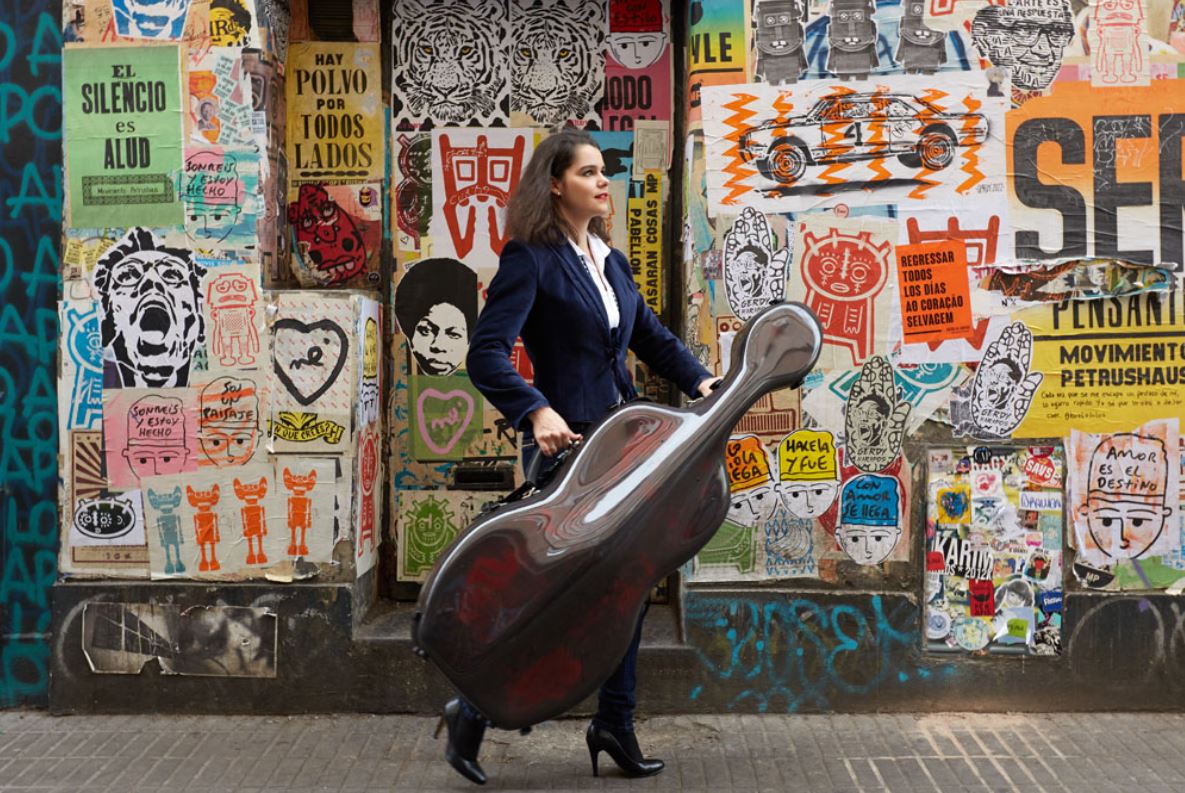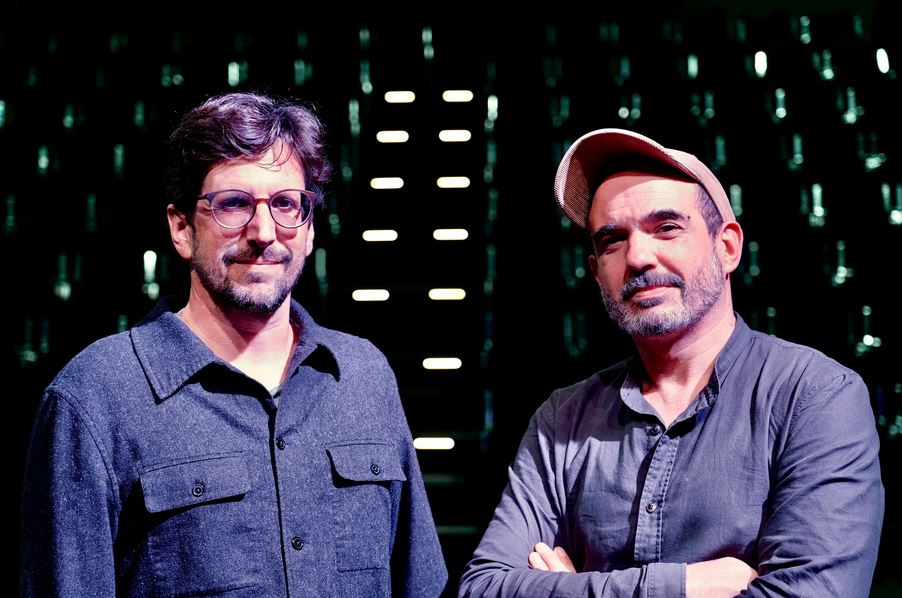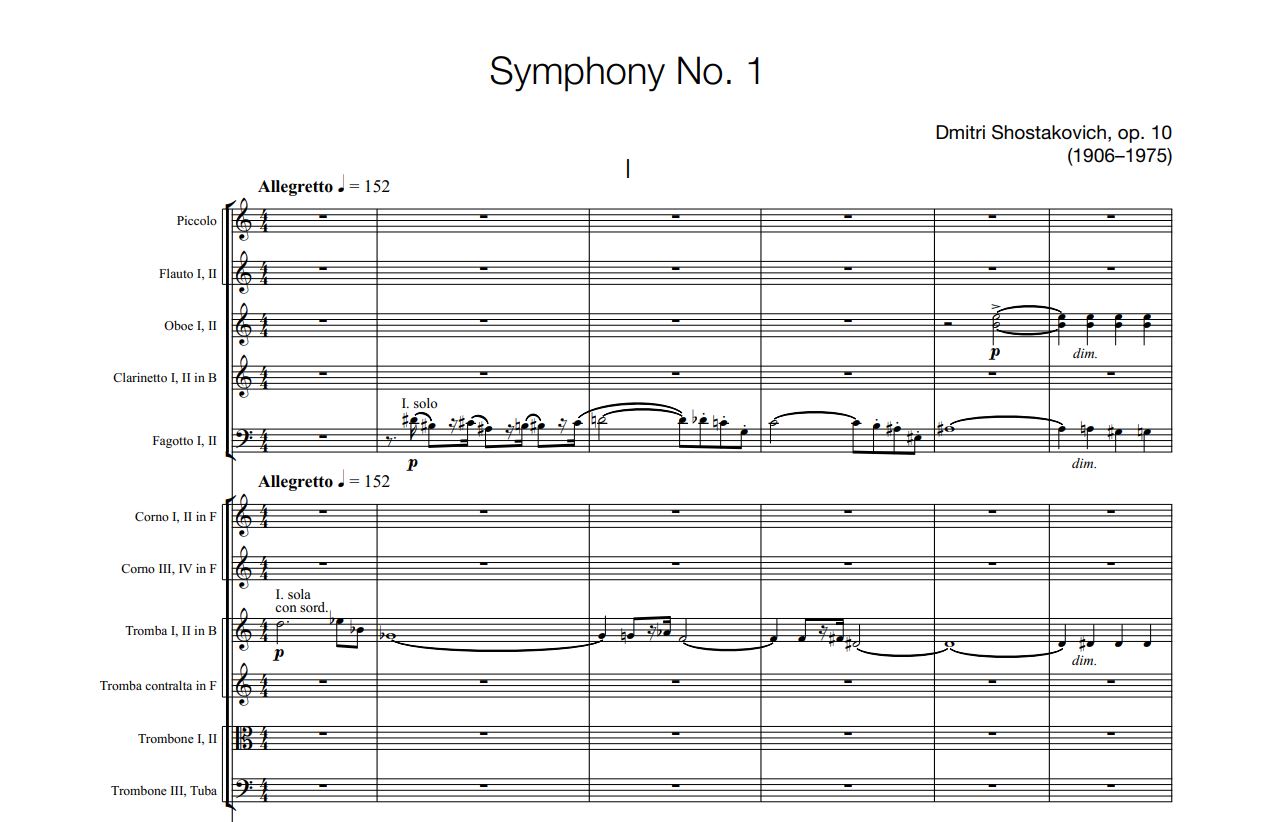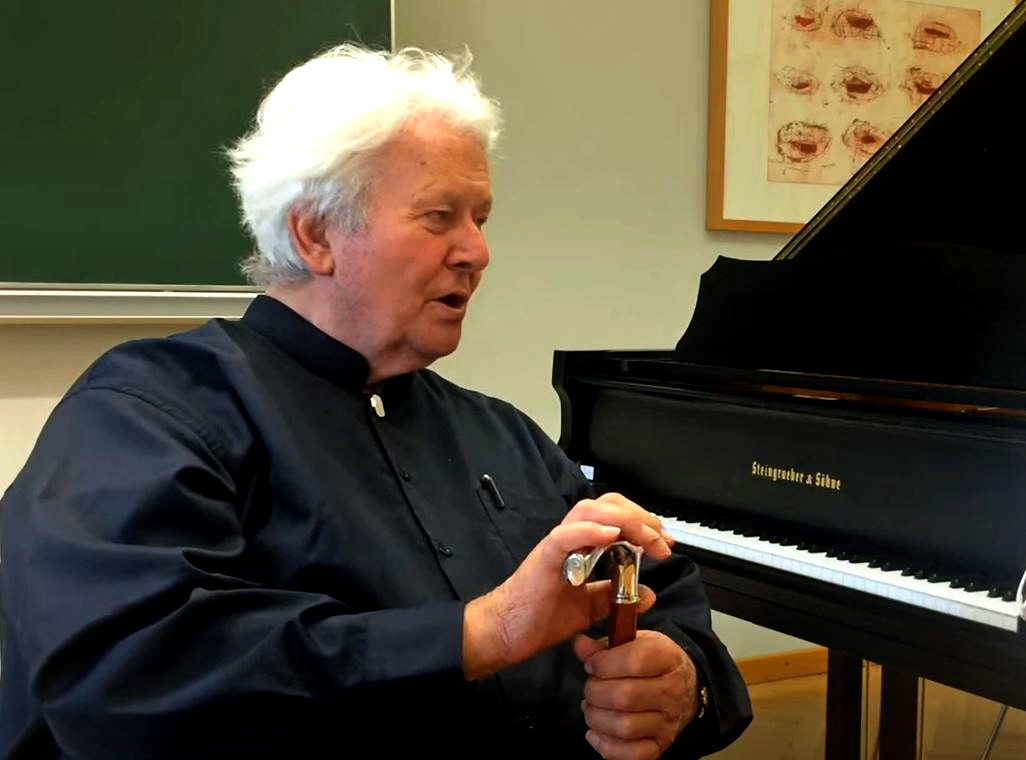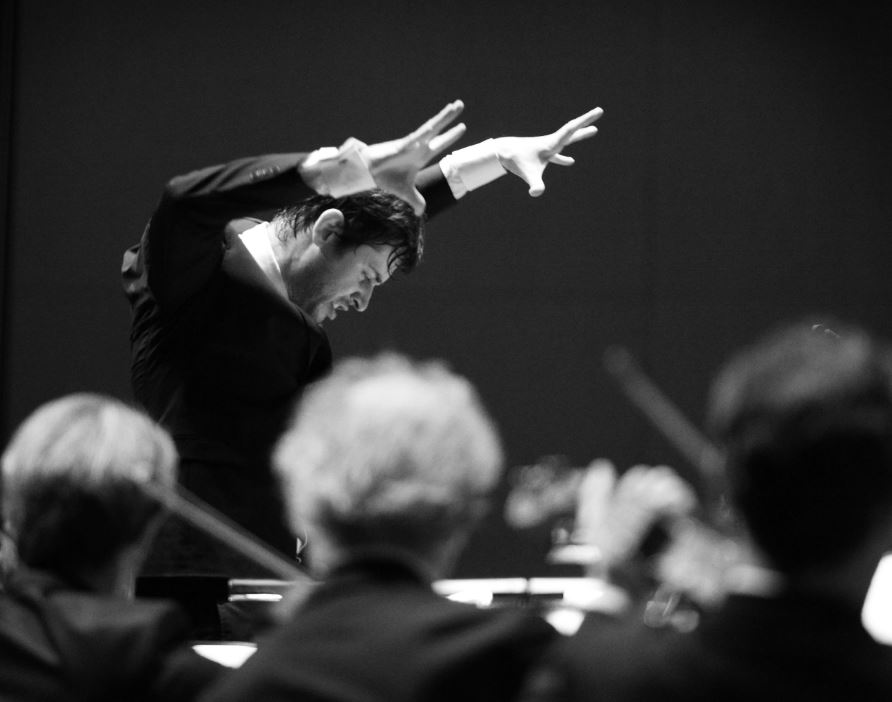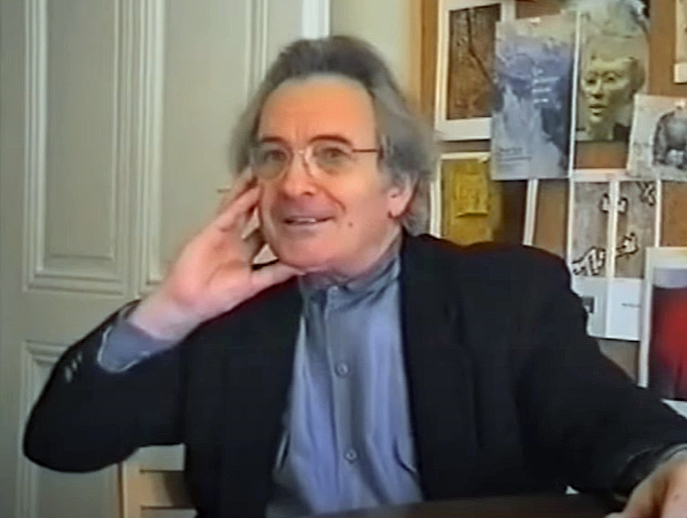Meret Lüthi honored with the Golden Bow
The Swiss Violin Making School Brienz Foundation honors violinist Meret Lüthi with a "Golden Bow".
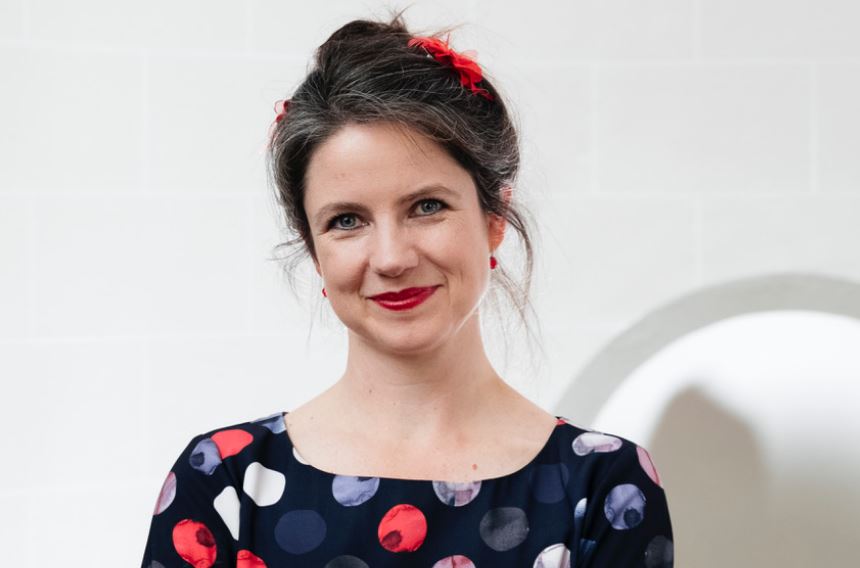
Meret Lüthi studied in Bern with Monika Urbaniak-Lisik and Eva Zurbrügg and in Basel with Walter Levin. She continued her training on the baroque violin with Anton Steck in Trossingen. As a specialist in early music, she teaches baroque violin and historically informed performance practice at Bern University of the Arts. In 2017 she was awarded the Music Prize of the Canton of Bern and in 2020 the Culture Prize of the Bürgi-Willert Foundation.
The Brienz jury honored Meret Lüthi "for building up her internationally renowned ensemble Les Passions de l'Âme and for sharing her impressive wealth of ideas and captivating programs with the public for over 15 years". Previous recipients of a Golden Bow include Hans Heinz Schneeberger, Thomas and Patrick Demenga, Thomas Füri, Thomas Zehetmair, Tabea Zimmermann, Patricia Kopatchinskaja and Kim Kashkashian. The prize, a high-quality engraved bow from Finkel Bogenwerkstätte Brienz AG, is presented at the opening concert of the Meiringen Music Festival Week.






